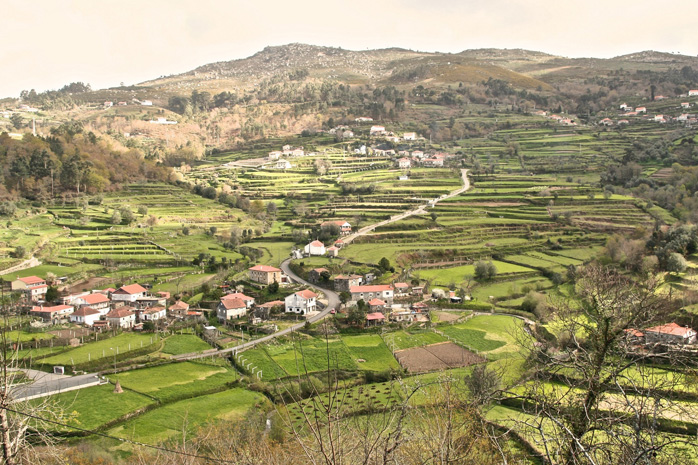Back to the Future: rethinking socioecological systems underlying high nature value farmlands – journal article
12 December 2019The importance of ensuring “High Nature Value” farmlands across the globe has been highlighted in a new paper published by a consortium of European Scientists – including SRUC’s Professor Davy McCracken.
The research looked at a range of future scenarios for HNV farmlands, and the related management of options and expected socioecological outcomes for each. The paper considers five alternative scenarios – associated with different levels of management intensity and socioeconomic viability, ranging from abandonment to intensification – and highlights how the future of HNV farmlands can be secured by improving social services in rural communities, designing new uses for HNV goods, and developing new business opportunities on HNV farmlands.
More that 30% of agricultural land in the EU is considered to be HNV farmland, with the recognition of the importance of HNV systems dating back to the 1990s. In addition to providing humans with food and fibre, these areas support biodiversity conservation and deliver a wide range of vital public services such as managing flood risk, protecting soils from erosion, reducing wildfire risks or having cultural value.
The consortium, including partners in France, Germany, Ireland, the Netherlands and Portugal as well as Scotland, said reversing the global decline of HNV farmlands relied on increasing public appreciation of the range of goods and services provided by these landscapes and improving the financial rewards to farmers who continue to maintain them.
Leader of the consortium Angela Lomba, from CIBIO (Research Centre in Biodiversity and Genetic Resources) in Portugal, said: “HNV farmlands are valuable assets that can aid society in addressing current and future environmental challenges.
“But change is unavoidable and a paradigm shift is required to ensure that the underlying systems persist and that HNV systems appeal to future generations.”
Prof McCracken, Head of SRUC’s Hill & Mountain Research Centre, added: “Such a shift entails moving away from current production-driven financial incentives to farmers, towards novel incentive mechanisms rewarding a broader range of goods and services and integrated landscape-level approaches where direct links between people and nature are fostered to build economic, social and environmental sustainability.”
The paper is published in the Ecological Society of America journal and you can read it here: Frontiers in Ecology and the Environment.

